Summary
Sinusitis is a common condition in which the hollow air spaces in the bones around the nose, i.e., sinuses, are swollen. The sinuses surrounding the nose include those in the cheeks, forehead, and around the eyes, which are connected to the nose and to each other via narrow channels called as ostia. The sinuses play an essential role in moistening the inhaled air before its entry into the lungs. The cell lining of the sinuses produces mucus and traps the inhaled dirt and dust particles, thereby preventing infections. The primary causes of sinusitis are common cold and allergies. It can also occur due to an infection and usually clears up within two to three weeks. The common symptoms include blocked nose, headache, and swelling on the face. There are several types of sinusitis. Medications are required if it takes a long time to resolve by itself. Plenty of fluids, steam inhalation and rest are recommended along with antibiotics.

 Doctors for Sinusitis
Doctors for Sinusitis  OTC Medicines for Sinusitis
OTC Medicines for Sinusitis
 Sinusitis articles
Sinusitis articles
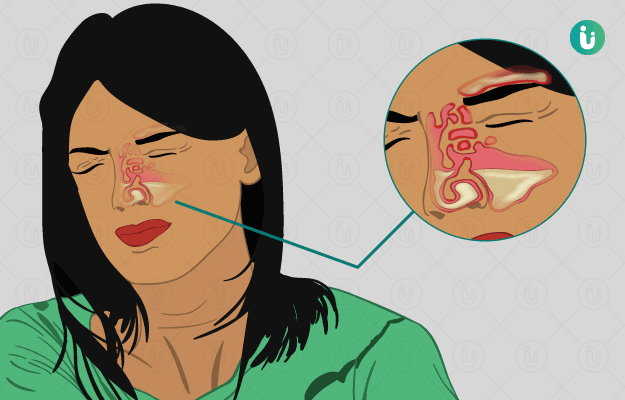
 Ayurvedic Treatment of Sinusitis
Ayurvedic Treatment of Sinusitis
 Home Remedies for Sinusitis
Home Remedies for Sinusitis
 Homeopathic Treatment of Sinusitis
Homeopathic Treatment of Sinusitis
 Yoga for Sinusitis
Yoga for Sinusitis



































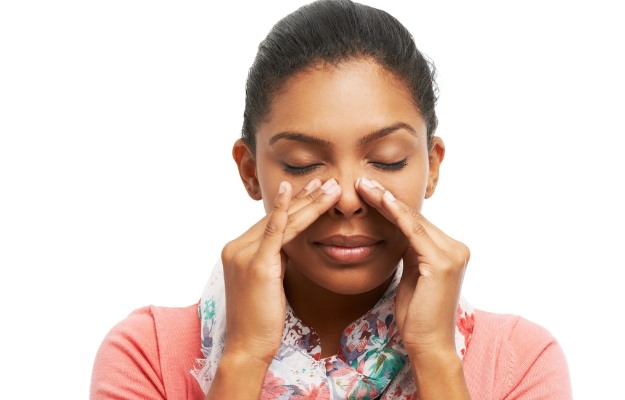
 Editorial Team
Editorial Team

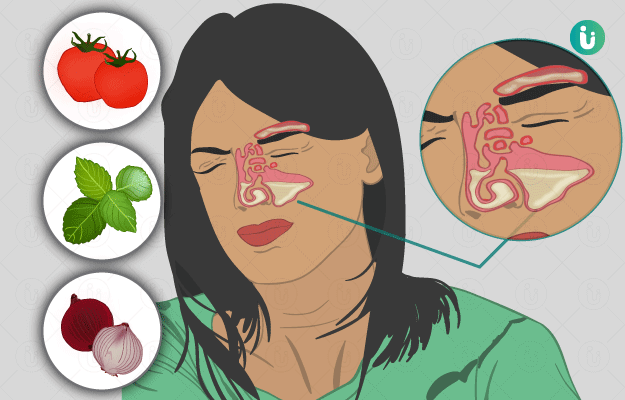
 Dr. Nabi Darya Vali (AIIMS)
Dr. Nabi Darya Vali (AIIMS)
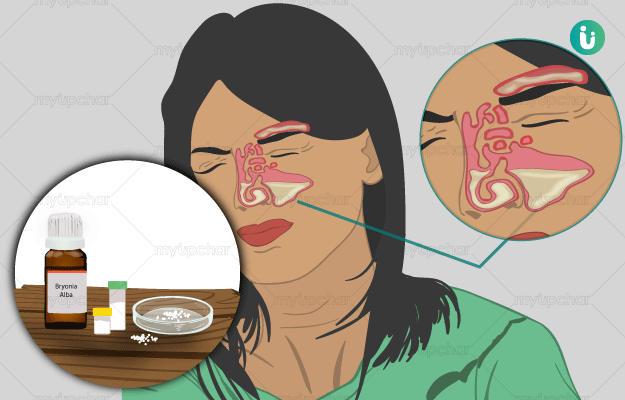
 Dr. Rachita Narsaria
Dr. Rachita Narsaria
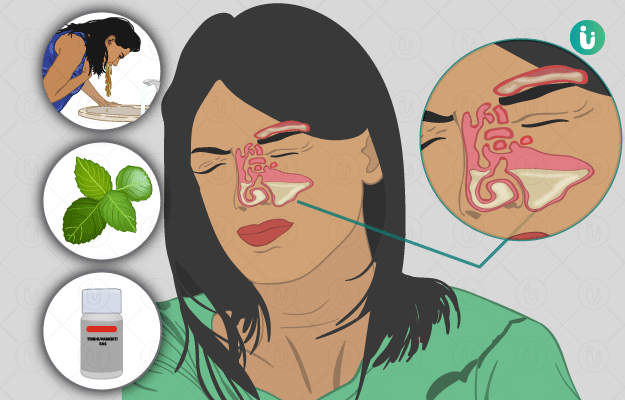
 Dr. Laxmidutta Shukla
Dr. Laxmidutta Shukla











